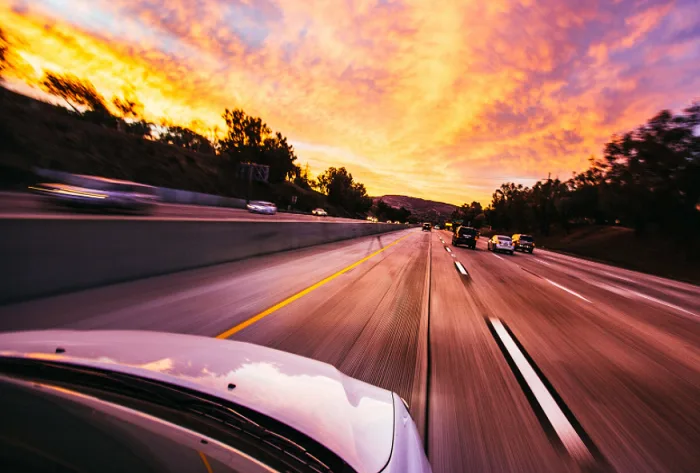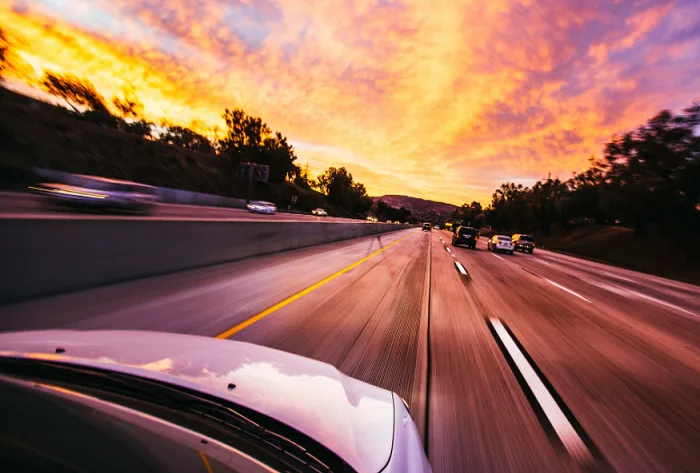
Study: Pandemic motorists are driving faster, causing a noise pollution spike
Researchers call the findings "surprising."
When the world shut down in March 2020 to stop the spread of COVID-19, millions of people were sent home to work. Today, many of us remain there, present company included.
That has led to a substantial traffic slowdown, with a March study finding a 21 per cent reduction across Canada.
But a team of Boston University (BU) biologists has identified a surprising consequence of the emptier roads: Instead of surrounding araes getting quieter, noise pollution is on the rise because motorists are driving faster.
The study focused on three locations in Massachusetts, but researchers say the findings point to a global trend where traffic jams are being replaced by speeding drivers.
But the effect wasn't universal. Researchers did find a noise reduction in two suburban residential areas but found a substantial increase in noise pollution in a park surrounded by several major roads and highways.

Experts say many motorists are driving faster on empty roads. (Taras Makarenko/Pexels)
The findings were recently published in the journal Biological Conservation.
"Before the pandemic, traffic was going relatively slow [around the park] because it was so congested," BU ecologist Richard Primack, the study's senior author, said in a statement.
But now, noise from the cars can be heard throughout the entire park, with noise levels about five decibels higher than pre-pandemic times.
"It's not so much the [number] of cars, but the speed," says study lead author Carina Terry.
THE PROBLEM WITH NOISE POLLUTION
In the wild, noise pollution can interfere with an animal's ability to hear threats and communicate with others.
"There's an increasing volume of studies that say wildlife is very sensitive to noise pollution," Primack says. "Animals rely strongly on their hearing for detecting predators and social interactions."
In people, prolonged exposure to noise pollution can lead to sleep disruptions, stress and anxiety, and elevated blood pressure.
The study's authors say the best way to keep roads safe and protect nearby conservation areas is to slow down, even when the highways are clear.






